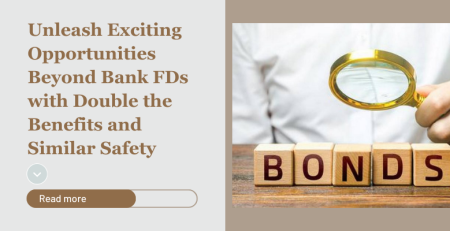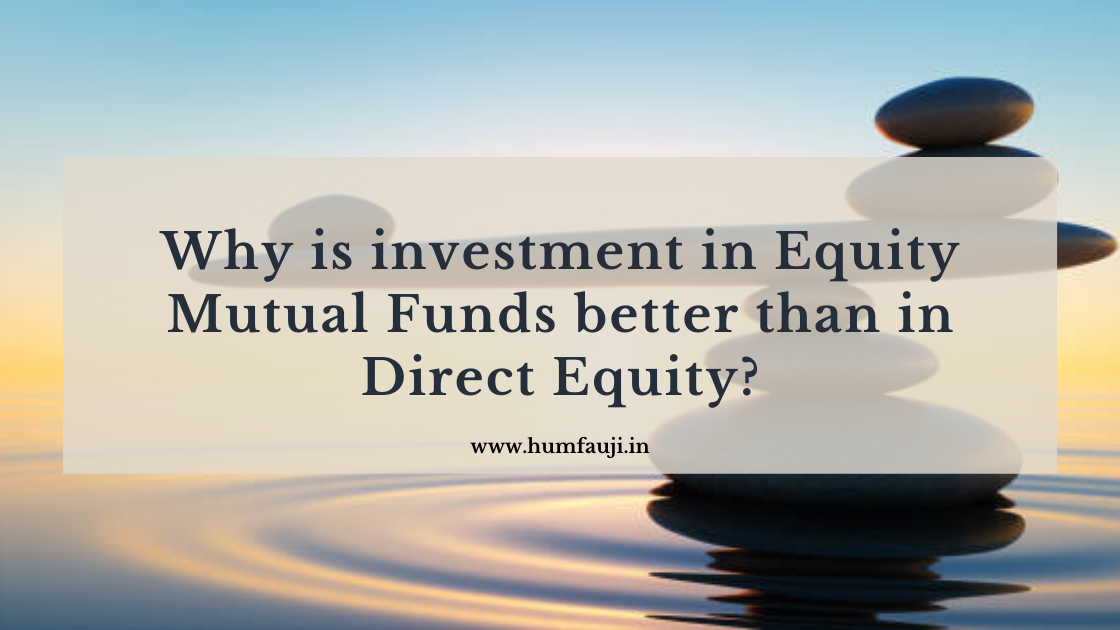Under Pranav’s tutelage, Rajesh and AK were gradually getting comfortable with the daily discussions about handling money and its known and unknown kinks. The repeated treatise on the importance of insurance was making its impact in several ways in the lives of the new students. Both AK and Rajesh had been on a mission to safeguard the healthcare of their loved ones who were not exactly their financial dependents now, and hence needed an external support system for quality healthcare.
At the same time, the entire discussion about having a security net in place in the form of emergency fund as well as through various insurances was also leading to newer questions in their head which was really not geared up so far to financial juggleries.
With some of the basics covered, the trio had resumed their golf sessions. “If we just keep sipping coffee while discussing this, and keep skipping our golf sessions, we risk becoming old uncles really soon,” joked Pranav in one of his late-night WhatsApp messages.
The next morning, after the round of golf, the discussion steered back to the issue about having a financial safety net, especially in retirement years. As the discussion went to the investment avenues, AK said, “The point is valid. But we are retiring, and don’t have the ability to take risks with whatever little we have gathered till now. It is after-all our life-time savings. While we are ensuring the long-term wellbeing of other family members through insurance, what about us? We also need some assured way of earning returns on our wealth, other than our pension, without taking undue risks,” adding that in such a situation, he feels real estate rentals are a good option.
AK’s bonding with real estate was strong, and Pranav knew that very well. “Your premise that we might not be in a position to take risks with the money or assets that we have accumulated till now is correct and fully agreed. But your solution seems flawed, at least to me,” Pranav said.
He then went on to ask AK about the rent he gets on his residential properties. When AK came back with a decent figure, Pranav asked him to calculate it in terms of returns. “If you bought your property for Rs 1 crore, how much rent will you earn from it over a year. Also adjust for ongoing expenses like maintenance, property tax, society charges, etc,” he said.
AK came back with a meek “1½ – 2%.” “Is that good enough, when even the age-old fixed deposit gives more than that and that too in today’s such a low interest rate regime,” Pranav asked his friends. “Moreover, when the inflation is higher than the returns you are earning from the rents, in reality you are losing money when we look at it from an inflation-adjusted point of view.” This came as a bouncer for both Rajesh and AK, who seem visibly puzzled. “Earlier this low rent was still justified because property used to rise in value. But for the past 7-8 years, it has been a wealth destroyer and I don’t think the situation is changing any time soon with huge over-supply in every city in the country.”
Over the next one hour, Pranav explained the various instruments available in the market that can be considered ‘safe investment products’, meaning that there is very low risk associated with them, unless a major emergency strikes the government of the day and the country!
Other than FDs, that AK and Rajesh were aware of, Pranav also explained the lesser-known Senior Citizens Savings Scheme (SCSS) and Post Office Monthly Income Schemes (PO MIS) to them. “Both the schemes give an after-tax return almost double of your rental income as of today, in percentage terms. Moreover, these schemes also bring to the table some tax benefits,” he explained.
“So, do these other safe options give a return higher than inflation rate?” asked AK.
In most cases, if you factor in the inflation too besides tax, then even these high earning safe avenues literally give negative returns, explained Pranav. For example, if SCSS is taken into account, its 7.4% interest rate comes down to 5.18% after-tax if you are in 30% tax bracket. This means that your net returns are negative if the inflation is anything above 5.18% any time. Almost always, safe investments have this big drawback and you always have to pair up such safe investments with some higher-yielding, but slightly riskier investments, to protect the overall value of your money, he explained. And mind you, SCSS is the highest rate paid by the Govt of India for any investment scheme and PO MIS is about 10% lower rate than SCSS.
“Of course, bank FDs are a rung lower than the above Govt securities since banks have to earn a decent income themselves to survive and cannot afford to give very high rates of interest. On top of that, they do not generally have a tax advantage associated with them. If we look at their tax-and-inflation adjusted returns, they come out much lower”, said Pranav.
“I don’t intend to say that real estate is useless. Not at all. A stream of monthly income from one or two properties can be a good option for someone. But there are other more rewarding options that you must consider including not forgetting some of the problem areas of real estate like the illiquidity, requirement of constant maintenance and other expenses. The ones we talked about today are the age-old, tried and tested ones. There are also some new-age yet safe options. But let’s keep that for another day,” he smilingly looked at a visibly upset AK, wondering how difficult it is going to be to shake AK’s confidence in real estate!
Gyan Collected
- Safety of investments are a very important parameter while planning the deployment of retirement corpus.
- While investing, we should definitely look at taxation of the investment avenue. While it is difficult to have a positive tax-and-inflation adjusted return if we opt for full safety in investing, we should be aware of the inter-se comparison of various ‘safe’ investments and try to protect the purchasing power of our money to the extent possible.
- Using real estate to generate monthly income should be avoided due to the inherent drawbacks of this strategy apart from getting very low returns. Even simple products like government schemes or fixed deposits would be better than it for the retirees.













Leave a Reply